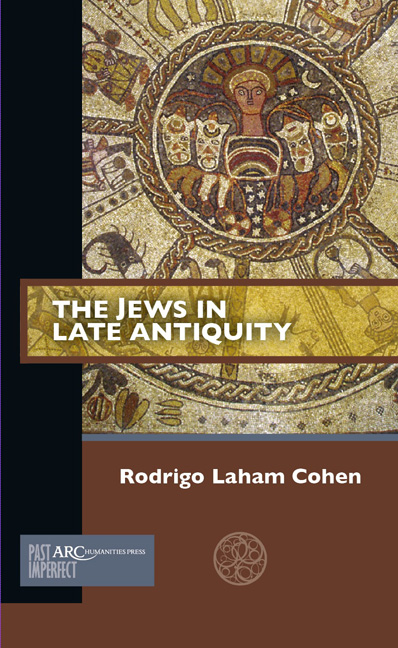Chapter 5 - Spain
Published online by Cambridge University Press: 28 January 2021
Summary
At some point between 612 and 616, Sisebut (ca. 565– 621 CE), King of the Visigoths, decreed that all the Jews of the kingdom had to be converted to Christianity. After that decision, both religious and secular law repeatedly discussed the new situation. But the legislation was ambiguous. It is frequently unclear whom the laws were referring to when using the term “Jew”: whether they were former Jews converted to Christianity or, simply, Jews. Furthermore, Visigothic legislation never referred to exJews as “Christians” or “new Christians.” That vagueness could be seen even in the Seventeenth Council of Toledo (694 CE) that established the enslavement of the “Jews” of the realm. Were they Jews or were they Christians? As we will see, the actual extent of forced conversions in the Visigothic world is difficult to establish.
Was the Visigothic policy toward Judaism an exception? The majority of scholarship on the issue would answer in the affirmative but there is not a uniform consensus on the topic. As was noted in the previous chapter, there were forced conversions in Gaul. We also find forced conversions in the east. However, the magnitude of the measures against Jews and former Jews in Spain was on a different scale. For almost one hundred years laws against Iudaei and Iudaei baptizati were promulgated by councils and kings. There was no precedent of this kind of attitude against the Jews in antiquity and because of that, Visigothic Hispania should be considered an exception.
As previously mentioned, the extent of the forced conversions must be analyzed carefully. First, the law continued to speak about groups of nonconverted Jews until the end of the seventh century. Second, due to the existence of certain texts written by Christians that, even after the Sisebut decree, attacked Jewish practices and beliefs. In addition, there is a Jewish epitaph written during Egica's rule.
Before analyzing the seventh century, it is necessary to return to the first testimonies on late ancient Hispanic Jews. Unfortunately, few inscriptions have been found (1 JIWE nn. 177– 189) related to Judaism in late ancient Spain and only one of them was written after the forced conversion (1 JIWE n. 189).
- Type
- Chapter
- Information
- The Jews in Late Antiquity , pp. 42 - 51Publisher: Amsterdam University PressPrint publication year: 2018



